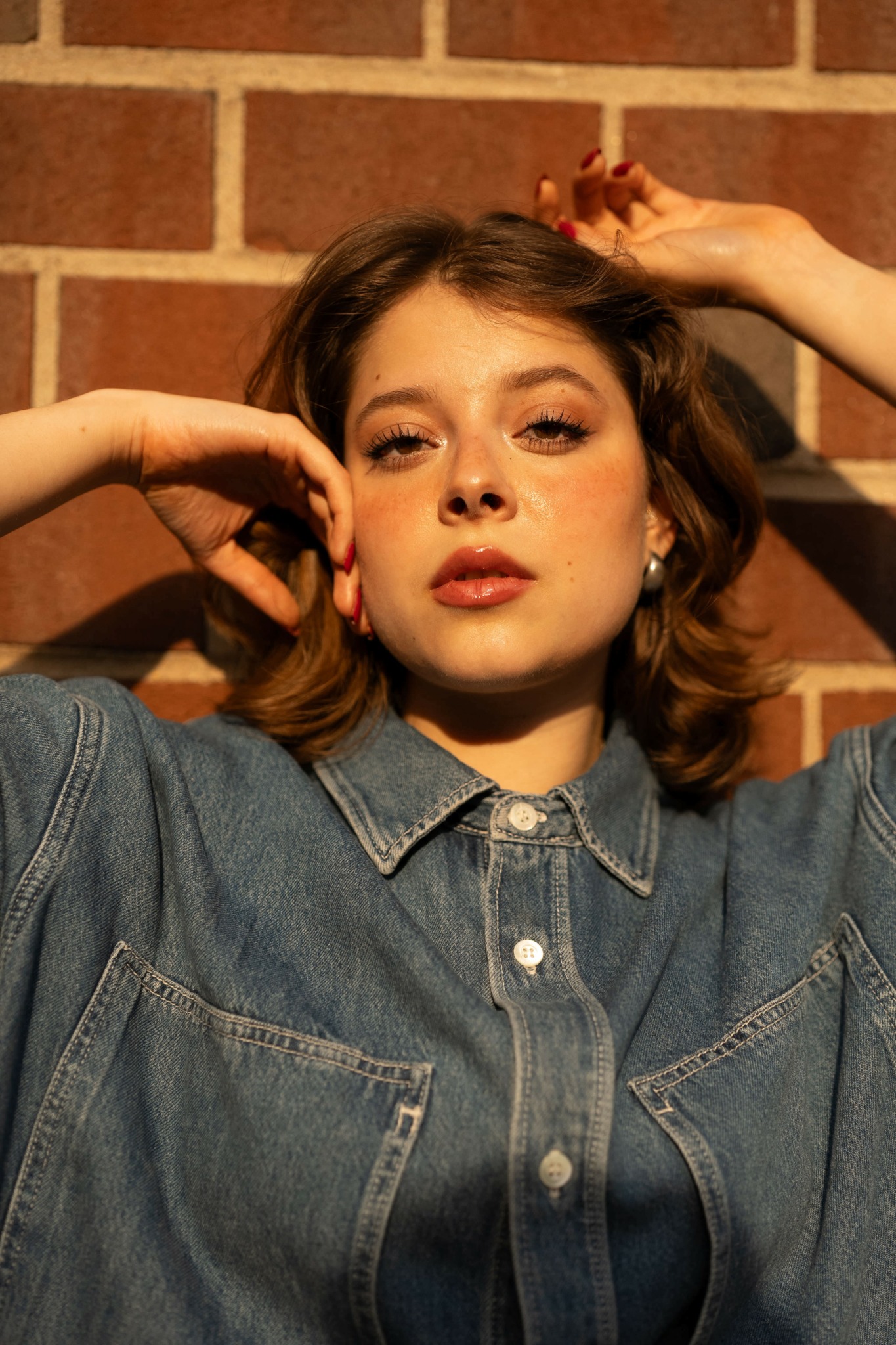We’re excited to introduce you to the always interesting and insightful Juliana Padilla. We hope you’ll enjoy our conversation with Juliana below.
Hi Juliana , thanks for joining us today. We’d love to hear about a project that you’ve worked on that’s meant a lot to you.
Funny enough, the project that comes to mind is also the smallest one on my resume so far.
In my high-school, located in the middle of the forest about 45min out of the metropolitan area of Mexico City, there was nothing close to a musical theatre club, or group or culture.
My uncle has lived in NYC for the majority of his life and the entirety of mine, so growing up we used to visit him around once a year. On one of these trips, my uncle took me to see “Ordinary Days”, a musical by Adam Wong. This was a small theatre with a crowd of no more than 30 people. The set was simple and the lights were dim. And I, well… I was coming in from a 6 hour flight earlier that day. I was exhausted, but also so incredibly engaged. That show made my world turn around, and confirmed for me that I had that intangible “it” passion for theatre.
Years went by, and I memorized the entire score and could sing any of the parts at the drop of a hat. This show carried me through my high school years and guided me through the decision of what I wanted to peruse for my higher education.
On my senior year, genuinely upset by my school not having a musical theatre class, I decided I would take it upon myself to make this happen. I talked to a few of my friends who I’d heard sing at parties or social media, and put together a cast. This was my directorial debut. I had no idea what I was doing, but I was determined to make it work.
I remember nights were I’d research “how to direct a musical” or “who do I need to get on board to build a production team”. All of these questions slowly got answered in an enormous learning curve.
My best friend and started creating guide tracks for the actors that didn’t know how to read music, and worked along side a music director to help us bring this challenging score together. Many other wonderfully talented friends jumped in on costume, scenic and visual design for social media. Their willingness to support my wild idea unquestionably, when they didn’t know the show nor were particularly interested in theatre at all, is something I take with me always.
The performances themselves were quite rough. We didn’t have a theatre, so we transformed a classroom to something that resembled it. We had limited sound equipment, and our set was built entirely from paper and cardboard.
I was so stressed I blanked in a few songs, yet, the experience taught me so much on the theatre business, and gave a foot forward on what to expect when I later kept producing my own work. And more important that anything, made me grateful for the collective support I received from my friends and family, as well as understood the importance of teamwork and collaboration for the industry.
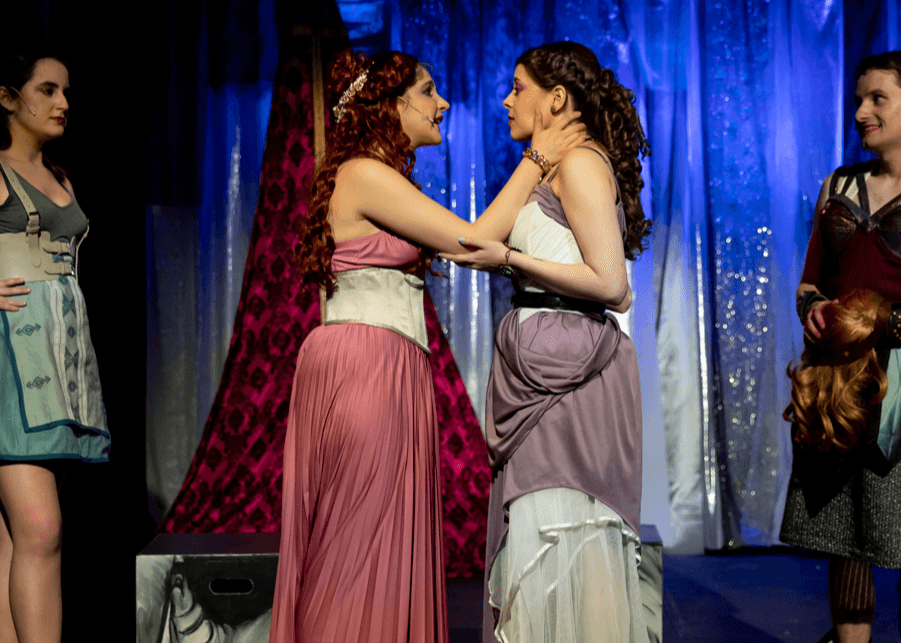
Great, appreciate you sharing that with us. Before we ask you to share more of your insights, can you take a moment to introduce yourself and how you got to where you are today to our readers.
I now think of myself as a multi-hyphenate artist, mainly focused on the performing arts. I started out my artistic journey as a Musical Theater performer. I grew up studying dance, music, and theater in Mexico City and decided to pursue it professionally after serendipitously booking my first professional theater gig at 17. After touring and working in Mexico, I moved to NYC to further my training, and attempt to weave myself into a more diverse, rigorous and fulfilling industry than the one I had experienced back home.
Since then, the city has shaped my artistic goals into a million different shapes, and its constant ebb and flow has pushed me to expand beyond performing. I’ve developed skills as a director, producer, makeup artist, translator, voice-over actor, Latin dancer, and more. Being stretched to fulfill many different roles and wear many different hats has allowed me to discover things in this industry that set me apart beyond only aiming for the “triple-threat”. While keeping those bases growing, I have enjoyed to discover where the other facets of my personality come in on this career path.
I also am pursuing a parallel career as a psychotherapist, which has defiantly been helpful in both the creative and personal journey a career in the arts requires.
As an immigrant artist from Mexico, I feel a strong pull to represent my roots in the stories I tell. I have come to realize that this industry has little to no space created and intended for Latinx performers. Immigrating to the USA is always a challenging path, but adding “to be an artist” to that sentence, can be even more overwhelming. A lot of commitment, sacrifices and perseverance have to take place. Many international friends and colleagues I know have felt lost, myself included. Noticing and living through this, has made my commitment to my community stronger, because I believe that diversity is the singular thing that makes the arts so powerful, and that rich atmosphere is what drew me to NYC in the first place.
No matter what creative role I’m filling, my work is always rooted in care, connection, and the hope that something I create or share helps someone feel just a little more seen.
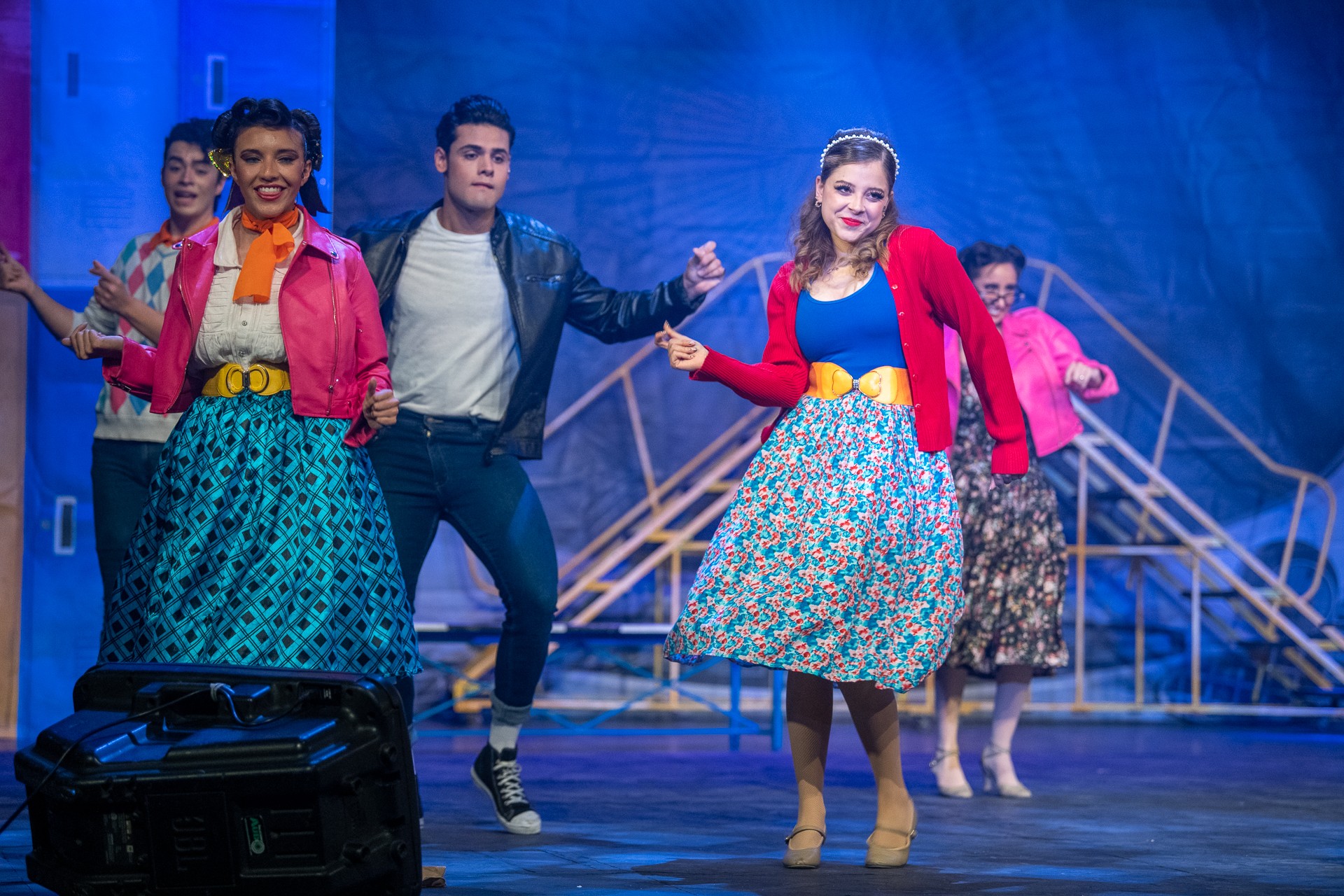
We often hear about learning lessons – but just as important is unlearning lessons. Have you ever had to unlearn a lesson?
When I think about a lesson I’ve had to unlearn, it’s the idea that there’s one right way to move through this industry. For a long time I thought if I could just find the golden rule, or the right approach to auditions, roles, and training, ’d be set. But what I’ve found instead is that this career is full of contradictions.
In school, for example, one teacher told me, “Always bring in obscure material. If no one’s heard it before, you’ll stand out.” Then the very next semester another teacher said, “Only sing songs people know. They need a reference point to connect with you and to place you in a world they understand.” And it was the same with typecasting. One mentor was certain I was best as the princess, the ingénue, while another told me to lean into edgier characters. For a while, it felt like whiplash. Who was right?
And then there are moments that tested me even more. I once took a masterclass with a huge Broadway star, starring in the hardest role on Broadway history for more than 10 years, I admired. I chose one of my favorite songs, What’s Up by 4 Non Blondes, because I’d heard she was brilliant with pop/rock coaching. I sang it with all the joy it gives me, but the first thing she said was, “That’s a song people sing when they don’t actually like pop music.” She told me I shouldn’t use it in my repertoire. I was discouraged, of course, but then I realized: that song lights me up. It showcases my voice and my acting, and it feels authentic, and it also tells a story that I am interested in telling. So I kept it in my book, and to this day, I love performing it. That moment taught me that even when advice comes from someone you admire, you have to filter it through what’s true for you.
I also learned this in acting training. One teacher praised action verbs and written analysis on every line of the script. It never clicked for me. Another had us use memory recall, and while I understood that more, it still didn’t unlock anything. What finally did was imagination. I realized that made-up circumstances can stir me just as much as real ones, and that became my doorway in. I had to learn that no technique is one-size-fits-all.
And I see that in my own circle, too. My boyfriend approaches his characters in completely different ways than I do and he is an award winning actor. His process would never work for me, but it works beautifully for him!
So the real lesson I’ve had to unlearn is the idea of a universal rulebook. Every artist has their own doorway. The work is to try them, find the ones that open for you, and keep exploring new ones as you change and grow as an artist and as a person. That constant cycle of unlearning and relearning is what has kept me both adaptable and authentic.
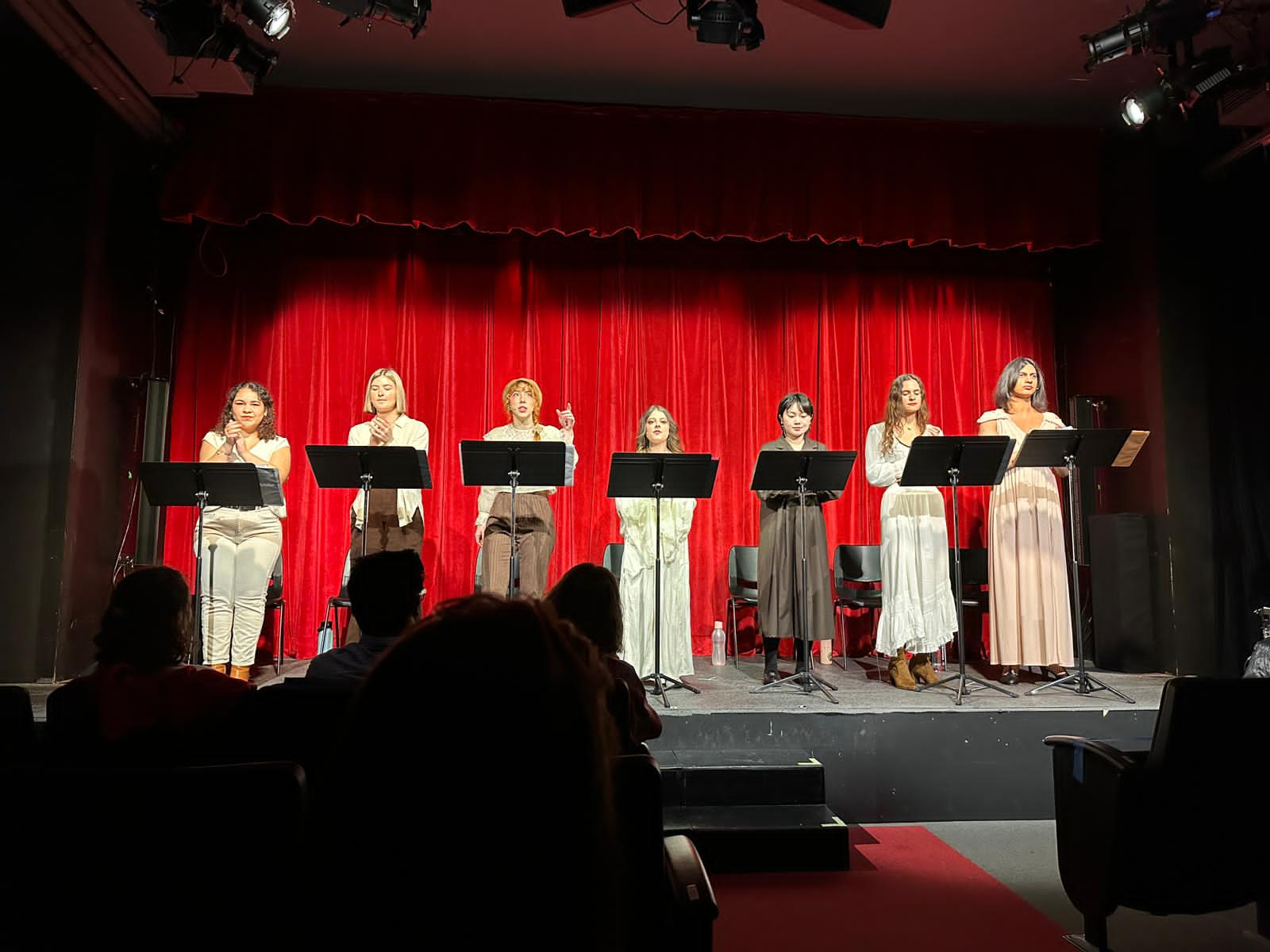
Do you think there is something that non-creatives might struggle to understand about your journey as a creative? Maybe you can shed some light?
One thing I think non-creatives often misunderstand about a life in the arts is that it’s not just about fame or talent. It’s about dedication, persistence, and a lot of sacrifice. People often assume that success comes from being ‘discovered,’ or that artists have flexible schedules. The reality is very different.
A life in the arts often means working longer hours than your corporate friends, working nights and weekends when everyone else is free, and saying no to social plans, family gatherings, or weekend hangouts because you’re rehearsing or performing. I’ve missed birthdays, holidays, and family dinners. Those sacrifices can be difficult, and sometimes lonely, but they are part of building a sustainable career in this field.
For me, this reality is tied deeply to my own journey. I immigrated from Mexico to pursue opportunities that simply weren’t available where I grew up. That meant leaving behind family, comfort, and familiarity, all in pursuit of a chance to build a career in the arts that aligned better with the worth I believe my work has. Every audition, rehearsal, and performance has been part of that investment, and there have been moments when I question whether it is worth it. But ultimately, these experiences have taught me resilience, focus, and the importance of being intentional with my work.
At the same time, building a sustainable creative life is about more than just surviving. It’s about making choices that allow me to keep growing and creating, while honoring what brings me stability and peace. I pursued a parallel career path, as well as diversifying my skill set as much as possible to open opportunities in different areas of the arts. Fame is optional. What matters is persistence, and adaptability. I’ve done a mix of performing, teaching, coaching, and recording work — sometimes very visible, sometimes behind the scenes. Each of those opportunities has helped me keep doing what I love.
If non-creatives could see this side of the work, I think they’d understand that a career in the arts is both possible and deeply fulfilling. It’s not about recognition or applause, but about courage, strategy, and a commitment to your craft that allows you to keep evolving, creating, and thriving.
Contact Info:
- Website: https://www.julianapadilla.com/
- Instagram: @juliannaaapadilla
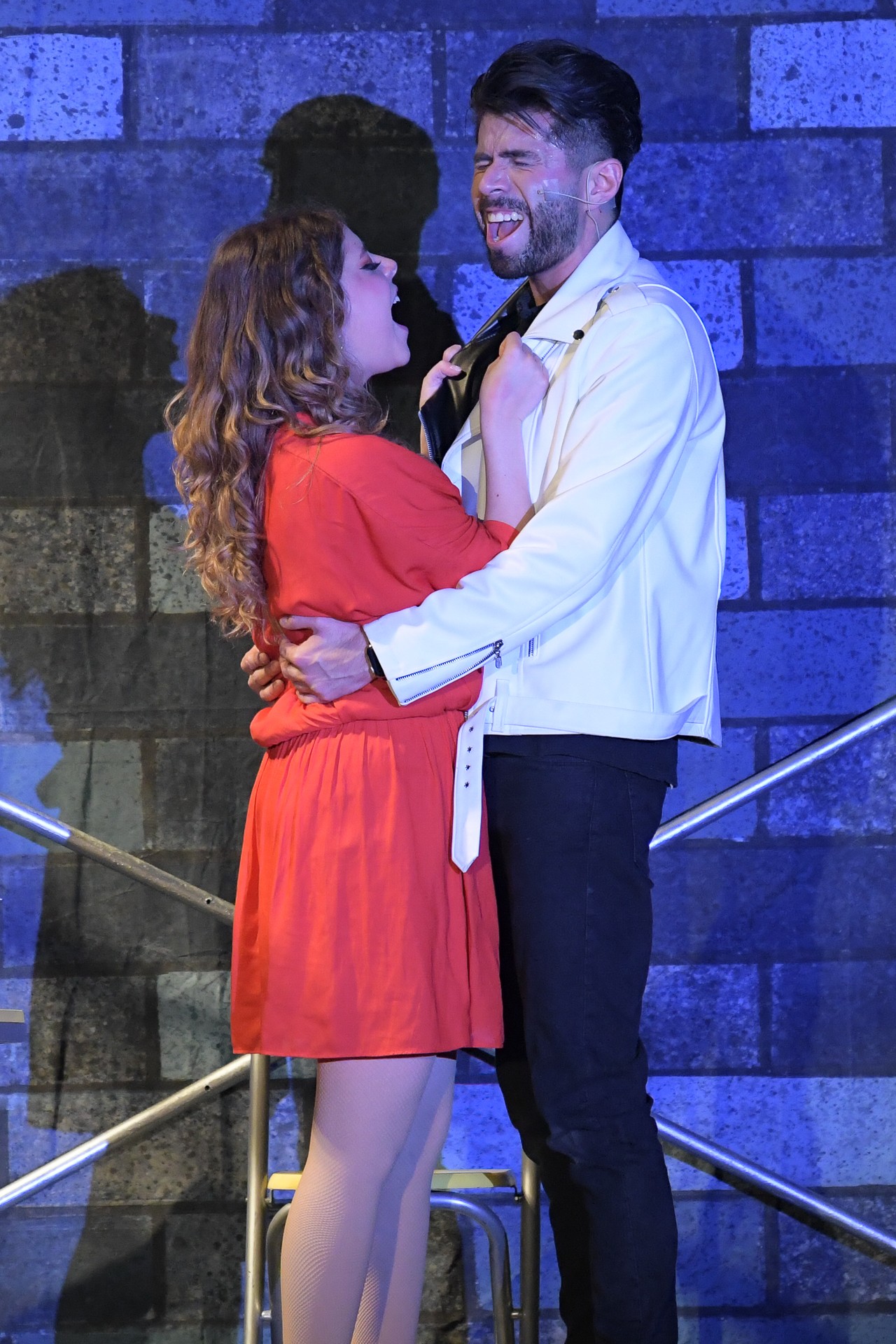
Image Credits
New York Film Academy
Krishna Adoni
Christopher Chanfreau


